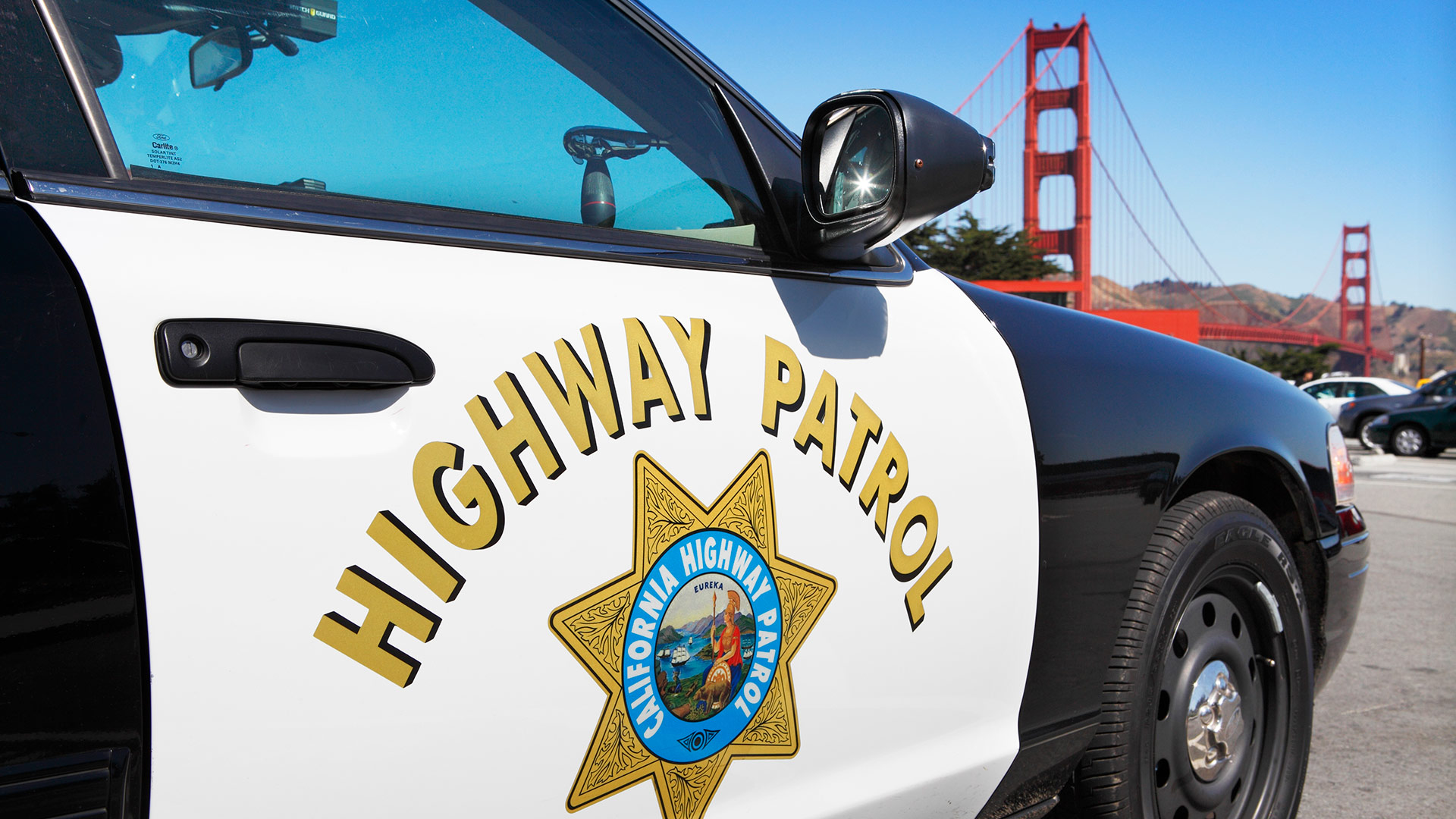
For the second consecutive year, officers for California’s state police agency, the California Highway Patrol (CHP), are set to receive a substantial salary increase, surpassing raises offered to other public employees.
State officials recently approved of the decision to give CHP officers a 7.9% salary increase, marking the largest wage hike in two decades, following last year’s 6.2% raise, which was already historically high.
The salary increases for CHP officers are mandated by state law and are determined by comparing average compensation at five other law enforcement agencies: the Los Angeles County Sheriff’s Office and the police departments in Los Angeles, San Diego, Oakland and San Francisco. This calculation includes base salary, retirement benefits, longevity pay and educational incentive pay, excluding overtime.
A recent compensation survey by the state Department of Human Resources revealed that the average take-home pay for these benchmark agencies is $118,164, while CHP officers’ average net pay is $109,476. The new salary increase aims to align CHP officers’ base wages with those of their counterparts in the other agencies.
According to the Legislative Analyst’s Office, this 7.9% increase is the most significant pay raise for CHP officers since at least 2003, when they received a 7.7% increase.
The competitive nature of police salaries has become a point of contention among law enforcement agencies grappling with increasing vacancies and a diminishing pool of eligible applicants. In response to these challenges, departments frequently resort to bidding wars to attract recruits, offering incentives such as signing bonuses and gym memberships.
The CHP, in particular, faced recruitment difficulties, prompting a campaign called CHP 1000, emphasizing competitive pay to entice new officers.
However, Governor Gavin Newsom recently vetoed a bill aimed at aiding CHP recruitment by raising the maximum enlistment age from 35 to 40. Despite this setback, the CHP claims success in doubling the number of cadets at its academy, indicating progress in its recruitment efforts.
Notably, the California Association of Highway Patrolmen, representing around 7,000 officers, enjoys a unique position as the only state worker union exempt from bargaining over wage increases, since state law dictates that officer compensation is tied to what other agencies pay.
The CHP pay raise, resulting from increases at the five benchmark agencies, is a sign that local governments in California are increasingly willing to invest in law enforcement. In the past year, the Los Angeles City Council and the San Francisco Board of Supervisors each approved lucrative new law enforcement contracts in the interest of retaining officers.





